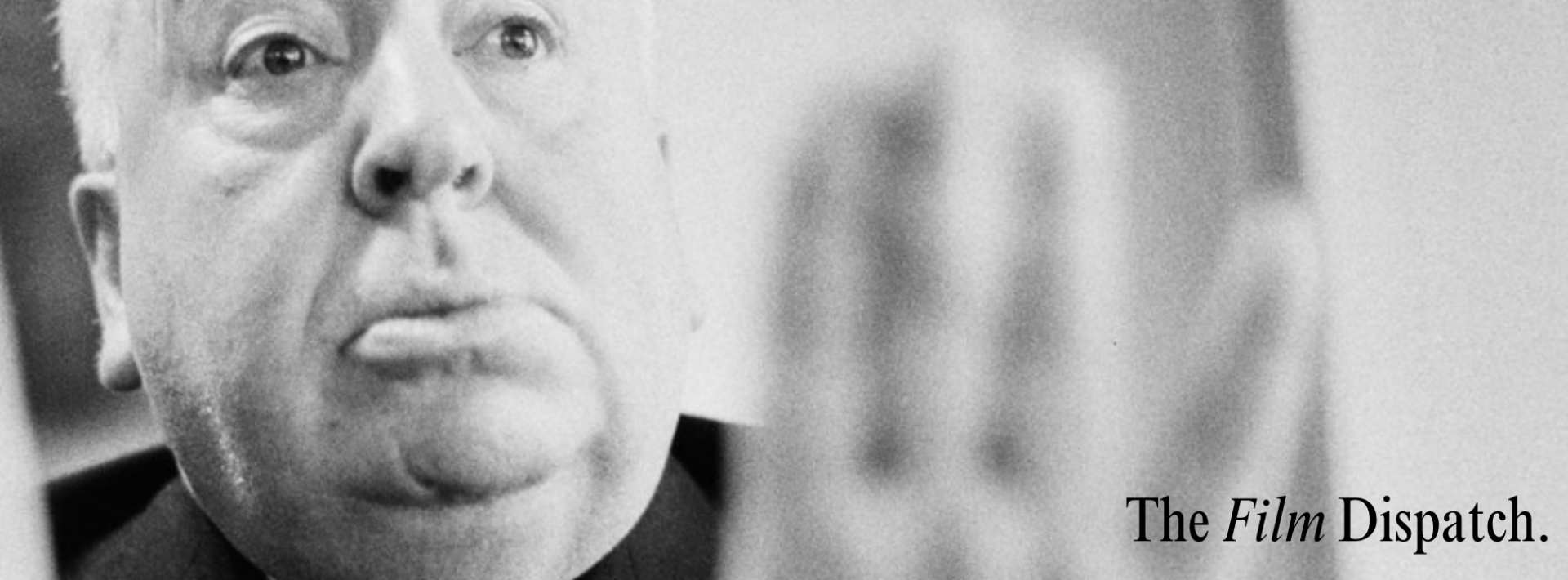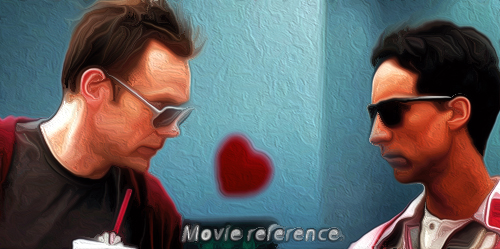
Since it debuted in 2009, Community has been an underrated show. Airing on a Thursday night on NBC, directly after three landmark American sitcoms: The Office, Parks and Recreation and 30 Rock, Community always struggled to make its mark. To this day, there are people that base their entire personalities on memes from The Office but shrug when you ask if they’ve heard of Community. This is a shame because Community is not just a smart, funny and heart-warming show. It is the show for cinephiles.
In the vein of The Office and Parks and Recreation, Community is a situation-comedy and derives its name from being set in a community college called Greendale. Over the course of six seasons, it takes a setting familiar to an American audience and reveals the comedy in it.
Specifically, Community follows a diverse group of students – ranging in ages and ethnicities – that meet frequently as part of a study group. However, where The Office revolves around the daily hijinks at Dunder Mifflin, Community quickly branched out. By the first season’s finale, the show was doing a paintball-themed pastiche of Western movies. The show went on to have many genre-themed episodes: a puppet episode, an animated episode as well as several more paintball themed episodes. As one character quips in Episode 2 of Season 4: ‘I remember when this show was about community college.’ In this way, the show didn’t just derive its humour from the community college setting but also, by riffing on common film and TV tropes.
‘Movie Reference.’
A quick YouTube search will reveal that Community is packed full of references and homages to film and television. Some of the references are obvious, such as quoting from films ranging from The Breakfast Club to Blade Runner. Others are more subtle homages, for example, a paintball recreation of the famous bullet catching scene from The Matrix. Most references simply allude to genre tropes rather than specific films.
Although these references are liberally scattered throughout the show’s six seasons, many of them revolve around the character of Abed Nadir (Danny Pudi). From the pilot, Abed is presented as a socially impaired but lovable movie-nerd. Think Sheldon Cooper if he truly cared about other people’s feelings. Then, make him genuinely adorable. Rather than using his constant movie-referencing for cheap laughs, the writers suggest that, for Abed, film and TV are a way of making sense of the world around him. Even as early as the pilot, he uses film references to frame other people’s behaviour, telling everyman Jeff Winger (Joel McHale): ‘You know, I thought you were like Bill Murray in any of his films but you’re more like Michael Douglas in any of his films.’ Jeff’s response to this comment is to accuse Abed of having Asperger’s.
Although the show never formally diagnoses Abed, it is clear that social interaction is difficult for him. Frequently, Abed uses film and TV references to better express himself and be understood by the study group. Mostly this involves quipping about film but, in extreme situations Abed becomes some of his favourite characters. In one of the show’s most memorable moments, Abed embodies Mad Men’s Don Draper in order to practise flirting. When his beloved DVD of The Dark Knight goes missing, Abed channels Batman to find the perpetrator and bring him to justice.
For Abed, the best way to understand the world is to interpret it the way he would film or TV. In Season 1, Abed explains that he ‘need[s] movies or tv shows to talk to people’ because ‘the day-to-day world [makes] no sense to me.’ He frequently uses TV terminology to refer to real life. In Season 5, Abed repeats a phrase he said to Jeff in the pilot and then informs Jeff: ‘it’s a callback to when we first met first season.’ Initially, the other members of the study group begrudgingly put up with Abed’s habit of viewing life through – as Jeff puts it – ‘a comforting meta lens.’ In the first season, when Abed hires actors to help him enact his favourite movie scenes, the group are concerned about his behaviour. By the second season, his friends – Troy (Donald Glover) and later, Annie (Alison Brie) – join in Abed’s roleplaying, dressing up as characters from his favourite TV show, Inspector Spacetime (a hilarious spoof of Dr Who). Eventually, the study group is able to adopt Abed’s way of viewing the world. They, too, begin to use TV terminology and film references to communicate with one another and explain their world; for example, in Season 3, when Troy explains Abed’s personality as ‘adorable weird, like Mork from Ork.’ Through Abed, film becomes its own language; a language that he teaches his friends.
‘You Understand That TV and Life are Different, Right?’
For many cinephiles, Abed’s way of viewing the world makes comforting sense. In one of the best TV putdowns in history, Abed says to Jeff: ‘I can tell life from TV, Jeff. TV makes sense it has structure, logic, rules and likeable leading men. In life we have this. We have you.’ As Abed points out, unlike TV, life is messy and unpredictable. But using film as a language to explain the world can help grant meaning to the messiness.
Although this type of communication begins with Abed, it is not limited to him and his interaction with the study group. Film becomes the language for the show to communicate with its audience. We can see this in the countless homages and meta-jokes. Also, in the way that the show creates parallels between its characters and characters from other TV shows or films. Through Abed’s comparisons to Jeff as Zac Braff and Dick Van Dyke, we understand that Jeff is the ‘leading man’ in Community and we hold him to this standard. Through these comparisons, we understand more about the study group than if the characters explained themselves in their own words.
‘TV is the Best Dad There Is.’
More importantly, Community doesn’t just use film as a language to communicate information to the audience about its characters or plot. It presents the language of film as a tool for the audience to use – as Abed does – to understand the world beyond the screen: the real world.
In the final episode of the series, the study group – encouraged by Abed’s habit of speaking as though they are characters on a TV show – discuss how they would envisage their seventh year at Greendale. Except, they refer to this year as ‘season seven’ and each character gets to ‘pitch’ their vision for the next season. It’s an incredibly meta moment, typical of Community’s brand of humour. After each character has made their pitch – each one more ridiculous than the last – Abed makes a speech about TV: ‘It’s TV. It’s comfort. It’s a friend you’ve known so well and for so long that you just let it be with you. And it needs to be okay for it to have a bad day, or a phone-in-a day. And it’s needs to be okay for it to get on a boat with Lavarre Burton and never come back. Because eventually it all will.’
Throughout the show, Abed has been viewing his friends like TV characters: comparing Jeff to M*A*S*H’s Hawkeye and comparing his friendship with Annie to the dynamic between Friends’ Chandler and Phoebe. Now, he flips the script and suggests that TV – and by extension Community – be viewed as a friend. The show stands for Abed and the audience becomes his friend to whom he is teaching his special, meta language. Abed metaphorically passes this language on to the audience, the same way he taught his friends to speak the language of film in earlier seasons. In this way, the language of film doesn’t just help the characters to understand their world, but can also be extended to the audience as a way of understanding our world.
‘I Hereby Pronounce You A Community.’
Community is the ideal show for cinephiles because it speaks the language we love best: film. More than that, it shows us how this language could be used to improve our lives – to help us interact with others, process change and handle situations that make us uncomfortable, the same way that Abed used it. Like Abed, we can use this language to function better in our wider community.
Community is not a perfect show. Like most TV shows, some seasons are better than others. Community was, when it aired, and remains, something of an underdog. As such, it suffered from the constant threat of cancellation as well as the rapid firing and rehiring of its creator Dan Harmon. Despite these issues, the show managed to retain its unique brand of humour until the end. Start watching for the jokes and stay for the sense of community.
Written for The Film Dispatch by Niamh Carey-Furness.

